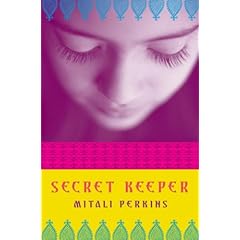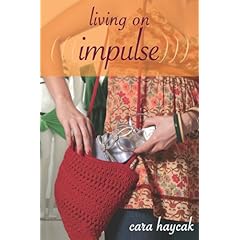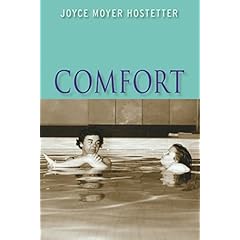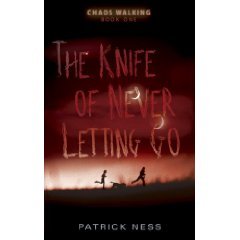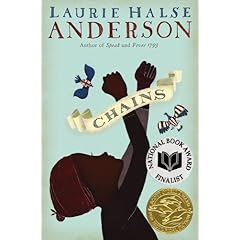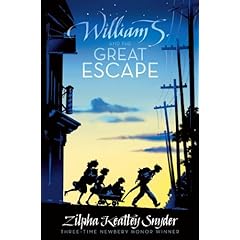I’ve been a bit concerned and saddened by Karate’s Kid’s lack of interest in reading since he turned twelve going on eighteen (last March). I’m not sure he read much of anything this past summer. And he used to read a lot. So I decided to do two things:
First, I assigned him one book per week to read for school. He was required to read the book I picked out whether he liked it or not because he’s been discarding everything I suggest, no matter what it is, after a page or two, with the words, “That’s boring!”
Second, I decided to keep a list of all the books he did read this fall. Maybe I just didn’t notice what he was reading last summer because he wasn’t reading the books I suggested to him. However, I really don’t think he read much at all. Most of the books on this list were assigned for school. He only had to read them and talk to me about them, no written book reports. He did write or dictate to me a few comments about some of them, and I have included those in this post, in italics. A couple of the books on the list he picked up on his own and read. I don’t really like having to require kids to read. I want them to love reading for themselves. However, in this particular case, maybe it was a good idea.
A Parcel of Patterns by Jill Paton Walsh “is narrated by a girl named Mall Percival, and is about a sickness called The Black Death. The Black Death is also known as The Bubonic Plague, and it spread across Europe very quickly. The plague was spread by rats that had fleas. Those fleas had the disease, and since not every home was very clean, there were rats. And if there were rats, there were fleas. In this book, Mall tells the story of her town, Eyam, and how they fought through the plague. It all started with a tailor, and a new dress. A lot of people die in this book, but that just shows how horrible the plague was.”
Code Orange by Caroline Cooney. It had a good ending. I would like to read more books by Caroline Cooney. Code Orange was a pretty good book. I especially liked the part where the main guy was in the basement with the terrorist guy.
The Apprentice by Pilar Molina Llorente. I did not like this book very much. It just wasn’t my kind of book.
 Mudville by Kurtis Scaletta. This book is about a town named Moundville, eventually called ‘Mudville’, because of the rain. It rained for 22 years, straight. As you can imagine, it was muddy. The main characters are two boys named Roy and Sturgis. Roy’s father was the last person in that town ever to hit a baseball. It was in the middle of a baseball between Moundville and Sinister Band, their rivals. Moundville always lost to them, but this year that changed. Moundville’s star all-around player, Bobby Fitz, had pulled some muscles in the first inning. But there was still hope for Moundville. In the distance, there were dark clouds.The Moundville coach thought that if they could hold off the game until it rained, then they could reschedule until their star player was better. Little did he know that it would rain for a long time.
Mudville by Kurtis Scaletta. This book is about a town named Moundville, eventually called ‘Mudville’, because of the rain. It rained for 22 years, straight. As you can imagine, it was muddy. The main characters are two boys named Roy and Sturgis. Roy’s father was the last person in that town ever to hit a baseball. It was in the middle of a baseball between Moundville and Sinister Band, their rivals. Moundville always lost to them, but this year that changed. Moundville’s star all-around player, Bobby Fitz, had pulled some muscles in the first inning. But there was still hope for Moundville. In the distance, there were dark clouds.The Moundville coach thought that if they could hold off the game until it rained, then they could reschedule until their star player was better. Little did he know that it would rain for a long time.
I really liked this book; I really like baseball too. I hope that from reading this you will have the urge to get this book. When my mom gave it to me, I didn’t think I would like it very well, but I did. Mudville is a great book for all ages.
The Brooklyn Nine by Alan Gratz. was about the Schneider/Flint family, nine individuals from that family who all had something to do with baseball. It was sort of a series of short stories all tied together by baseball and by the family connection.
The Dunderheads by Paul Fleischman. This one was just weird. It was cool how they found a way for each person’s “talent” to be used.
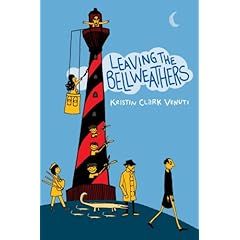 Leaving the Bellweathers by Kristin Venuti. This book was also very weird and funny. I’m glad authors write books that are just fun and don’t have lots of descriptions. I don’t like having to read in-depth description that takes up a lot of space and is kind of pointless for me.
Leaving the Bellweathers by Kristin Venuti. This book was also very weird and funny. I’m glad authors write books that are just fun and don’t have lots of descriptions. I don’t like having to read in-depth description that takes up a lot of space and is kind of pointless for me.
Gone From These Woods by Donna Seagraves. This book was about a kid named Daniel who accidentally kills his uncle while hunting in the woods. Daniel’s dad is a drunken dude. The book was OK, but most of it wasn’t very happy. I like happy books.
Take the Mummy and Run: The Riot Brothers Are On a Roll by Mary Amato. Seriously silly.
Captain Nobody by Dean Pitchford. Newt Newman is a nobody. He has two friends, and no one ever notices him. His older brother is a football star who is injured during a game. I didn’t like the book that much because it’s about something that never really would happen. No ten year old kid would go to school in his Halloween costume for a week.
Diary of a WImpy Kid: Dog Days by Jeff Kinney. The first book was a lot better than this one.
NERDS: National Espionage, Rescue, and Defense Society by Michael Buckley.
Alibi Junior High by Greg Logstead. This novel had a good story line, but the characters were a bit unbelievable.
Karate Kid’s favorite Cybils nominee: Leaving the Bellweathers by Kristin Venuti.
He likes funny. Any suggestions for his weekly books for 2010?

